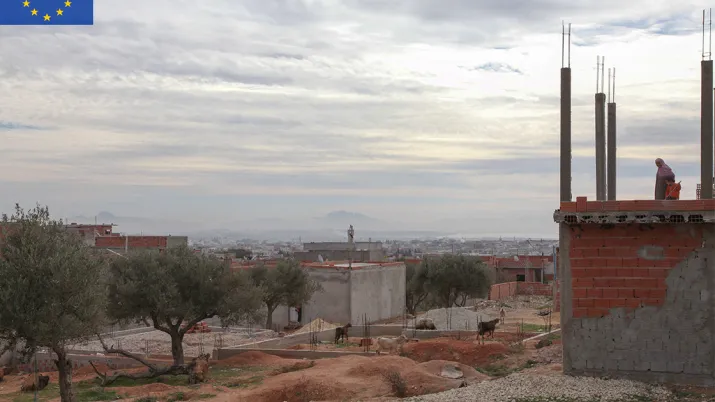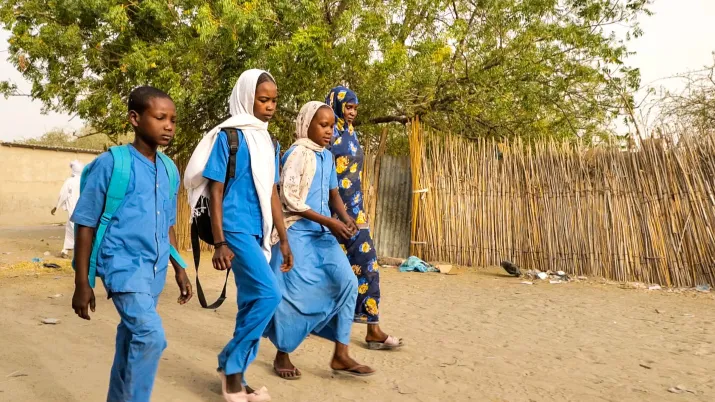 This project aims to strengthen skills and synergies in a regional centre of expertise in international development, located in the city of Clermont-Ferrand (France), and its international outreach. This involves funding training activities and research capacity building for stakeholders from the Global South (executives, young researchers, etc.), as well as research activities on development.
This project aims to strengthen skills and synergies in a regional centre of expertise in international development, located in the city of Clermont-Ferrand (France), and its international outreach. This involves funding training activities and research capacity building for stakeholders from the Global South (executives, young researchers, etc.), as well as research activities on development.
Context
Clermont-Ferrand is a hub of expertise in development economics recognized at the French and international level, thanks to the research activities of the Foundation for Studies and Research on International Development (FERDI). Training courses aimed at executives and future decision-makers in the countries in the Global South, provided in particular by the Centre for International Development Studies and Research (CERDI) since 1976, also contribute to this recognition.
The presence of a branch of the Global Development Network (GDN) will now strengthen this hub. This international organization's mission is to strengthen research capacities in Global South countries wishing to benefit from the city's dynamic context.
Through AFD, the French State supports the research and training activities of the Clermont International Development Hub and the establishment of the Clermont-Ferrand branch of GDN within the framework of a single project. This project aims to strengthen the ecosystem of local expertise and to develop synergies between the actors concerned for the benefit of their partners in the Global South.
Goal
This project has three complementary objectives:
- Support for the creation in Clermont-Ferrand of a branch office of the GDN, to enable the network to continue from France its flagship activities (such as its annual conference and the Global Dev blog), as well as to launch an ambitious programme to simultaneously fund research production and capacity building of African research institutions;
- Support for FERDI’s research activities, to enable the foundation to gain visibility and influence on sustainable development issues;
- Strengthening of FERDI’s training activities in partnership with the University of Clermont-Auvergne, including the Master’s degree in “Project Management for Development” (MODEV), which specifically targets executives in countries in the Global South, and setting up additional training activities (development of short and/or distance courses, support for doctoral courses in the South).
Results
The expected impacts of the project are:
- For the actors of the Clermont Hub: strengthening the influence and outreach of the Clermont pole and its actors, allowing them to become a reference on development issues in national and international debates.
- For the partners of the Clermont hub in the Global South, and in particular in French-speaking Africa:
• Improving the skills of managers who receive training (women and men) in the management of development policies and projects;
• Strengthening the research capacities of researchers and partner institutions in the Global South on sustainable development issues, as well as their capacity to participate in public debate;
• Development and/or consolidation of networks of researchers and learners in beneficiary countries;
• Improved public policy dialogue, so that development policy-making in AFD’s partner countries can benefit from the insights of locally based research.



